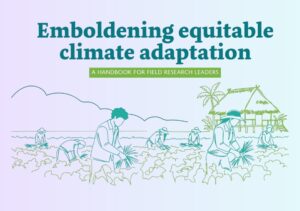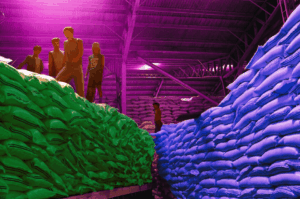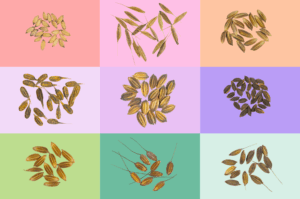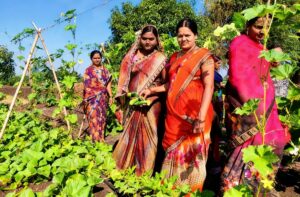Turkey to recycle every byproduct generated by agricultural production in the country through the 1000 Farmers, 1000 Blessings project.
Under the project, hay and other organic waste, as well as plastics, will be recycled or upcycled.
Farmers participating in the program receive training, digital agriculture tools, and consultancy provided by the government.
By 2030, the government hopes to reach 10 million farmers.
Read the full story at Daily Sabah
Philippine upcycling initiative turns rice straw into inexpensive, nutritious livestock feed
The Philippine Department of Agriculture funded a project called the Development of Sustainable Rice Straw Practices and Technologies for Food, Feed and Bioenergy in the Philippines (RiceStrawPH). Implemented by IRRI and partners organizations, RiceStrawPH conducted a demonstration and technology showcase on enhanced feeding management practices for urea-molasses treated rice straw for ruminant raisers.
Rice straw in all ways, always
In 2017, scientists at IRRI and Hohenheim University, seeking to find a way to use low-quality rice straw, developed a machine that converts rice straw into composting material. Some researchers in Vietnam believe that the technology will be useful in their country because of the growing demand for rice straw and the need for different management options for the 54 million tons of rice straw produced by its rice sector.
A second life for rice husk
Around 20% of the paddy weight is husk and rice production in Asia produces about 770 million tons of husk annually. Rice husk was largely considered a waste product that was often burned or dumped on landfills, according to Martin Gummert, the postharvest expert at the International Rice Research Institute. “In Vietnam, it used to be a waste some years ago and was dumped in the rivers, causing a big problem, but now it has a value,” Mr. Gummert said. “In fact, in most countries, rice husk is not waste anymore.”










